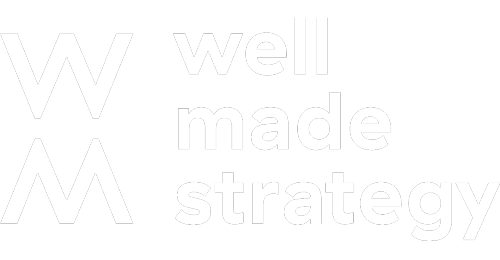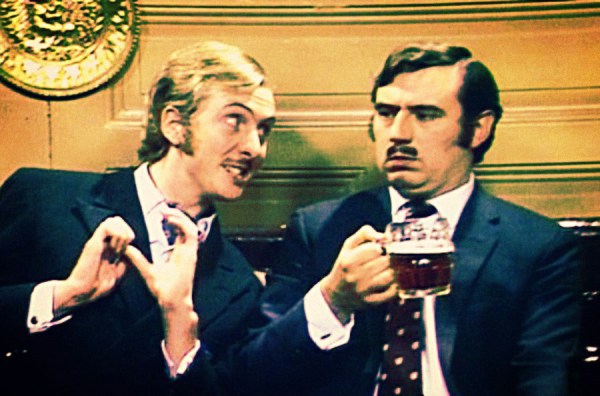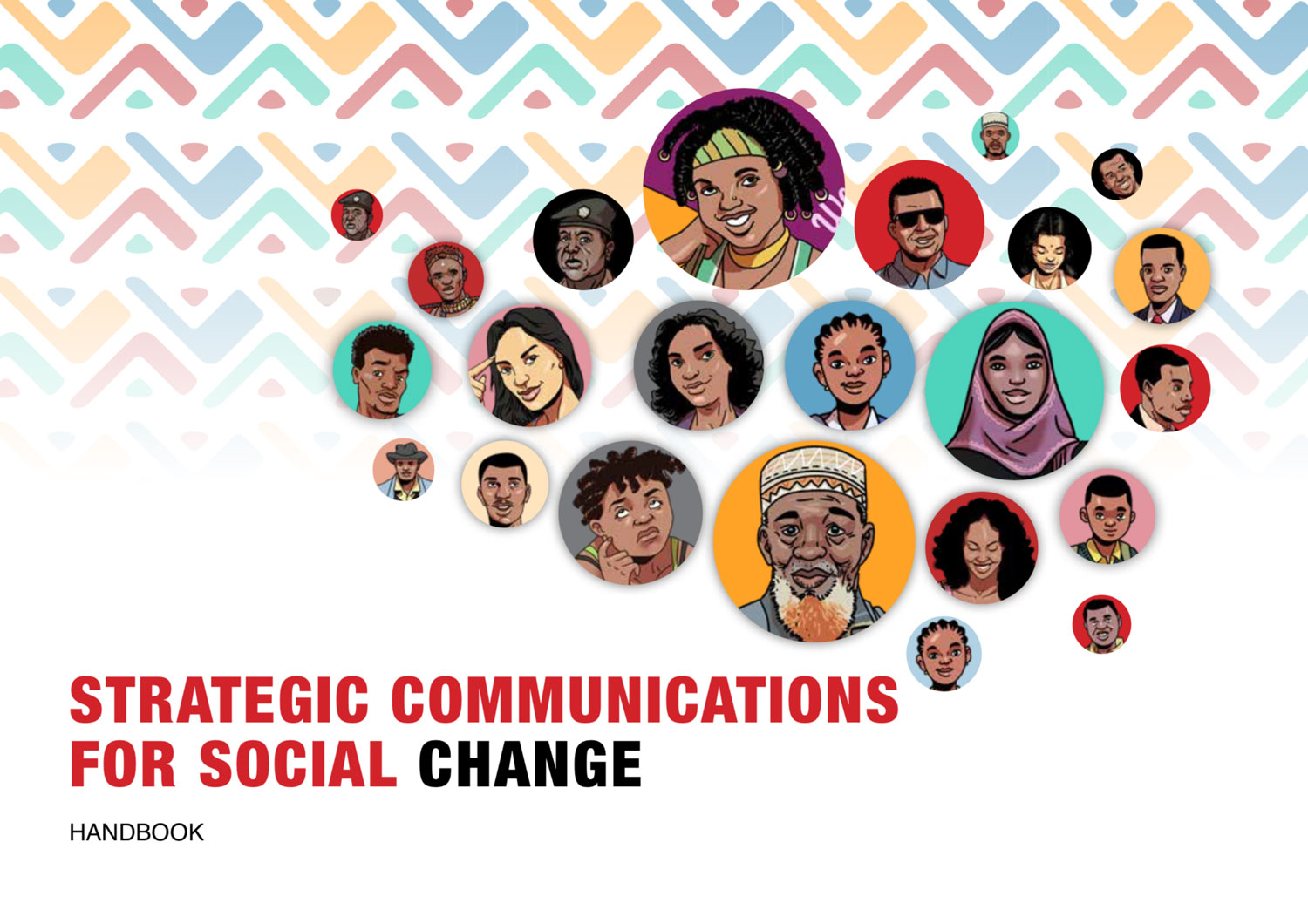In the week that US academic Richard H. Thaler wins the Nobel Prize for his work on behavioural economics, it’s worth thinking about what that means for us lesser mortals toiling on the coal face of learning, health, and happiness (the suffix to his 2008 book, Nudge, with Cass Sunstein).
Thaler and Sunstein taught that people could be encouraged to do the right thing – save, pay their taxes on time or join the police force – by being nudged in the right direction. Both the US and UK now have nudge units that, for example, suggest design changes in pension forms and organ donor cards to encourage the ‘right’ answer. In the UK, more people sign up to workplace pension schemes because they now have to opt out rather than opt in.
There is much debate about the morals of nudging people in this way, much less about whether it works. Which brings us to tweeting. Almost everyone we work with starts off by saying they are too busy to tweet. We often have to shove them (nudging with menaces) in the right direction with relevant presentations and examples of tweeting success. Yet good tweeting is a perfect example of nudge theory.
It’s a rare tweet that changes the world for good or bad yet if tweets come together as part of a concerted campaign, as they did following the murder of British MP Jo Cox, Twitter can really help you reach your objectives. And it doesn’t have to be a global campaign – just set an objective and aim at it, as did Ugandan Twitter followers who wanted Trevor Noah to visit their country.
Many of the people we work with are academics working on research and policy change. By using Twitter, they can interest their peers and excite demand in the very policy makers they wish to influence. You can always aim a tweet at a policy maker when protocol might make you hesitate from sending an email or making a call. And a retweet from a policy maker is worth a lot. When Kenya CIC asked its followers about Kenya’s plastic bags ban in June, its 5,000 followers were nudged but by encouraging a retweet out of Kenyan Cabinet Secretary Prof. Judi Wakhungu, they reached another 184,000.
Our friend Benta Abuya (@atiabu) at APHRC has 550 high quality followers; this helps her wiled great influence in education circles. FSD Africa (@FSDAfrica) ensures that its nearly 3,000 followers don’t miss a piece of its research – its recent Twitter-supported work on remittances won headlines across the world and should lead to cuts in the cost of money transfers.
Tweets don’t work on their own but it’s all a nudge in the right direction. And it doesn’t take a Nobel prize winner to tell you that.
Miles Bredin is Managing Partner at Well Made Strategy
He tweets as @MilesBredin



